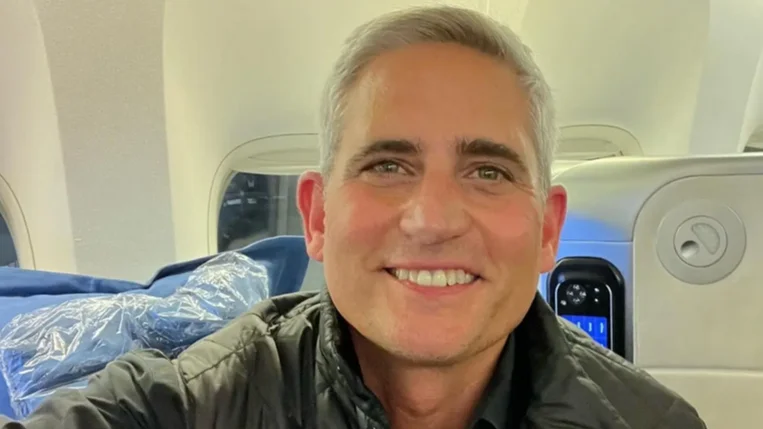During the prolonged government shutdown in early 2019, many FAA employees called off work, which led to widespread flight delays and contributed to ending the political impasse in Washington.
Duffy noted that so far, air traffic control call-outs have not been widespread. However, he warned that if absences increase, the FAA may need to slow plane movements—a step likely to result in flight delays at major airports.
Critical FAA facilities already face significant staffing shortages, with controllers often working six-day weeks and mandatory overtime. These issues have previously led to travel disruptions and were highlighted earlier this year following a fatal airline crash—the first such incident involving a U.S. carrier in over ten years.
The largest union representing air traffic controllers has urged its members to keep working during the shutdown and condemned any coordinated actions that could disrupt national airspace operations.
Transportation Security Administration (TSA) officers are also expected to work without pay during the shutdown. While no major security checkpoint delays have been reported yet, previous shutdowns saw increased wait times for travelers at TSA checkpoints due to reduced staffing levels.
Essential federal employees who remain on duty do so without support from furloughed staff who help maintain efficient government services. The Department of Homeland Security did not respond immediately regarding current TSA staffing levels because many public affairs personnel are furloughed.
Another consequence of the ongoing shutdown is that funding for Essential Air Service—a program subsidizing airline routes to smaller communities—will expire soon unless Congress acts. According to Duffy, this could put flights serving less-populated regions at risk of suspension until funding is restored. Alaska is currently the state with the most subsidized routes under this program.
Smaller communities have faced persistent challenges maintaining air service due to pandemic-related cuts, pilot shortages, and airlines shifting toward larger aircraft serving bigger markets.
FAA officials stressed that flying remains safe despite these challenges. "It is very, very safe," said Frank McIntosh, chief operating officer of the FAA's Air Traffic Organization. Still, if staffing falls further, control towers may need to slow operations—a move likely leading to additional delays at busy airports or during weather disruptions.
Travelers are advised to arrive earlier than usual at airports as TSA’s MyTSA app will not provide updated checkpoint wait times during the funding lapse. Nonstop flights or avoiding tight connections can help minimize travel disruptions linked to possible delays or cancellations resulting from reduced staffing levels.
Airlines may issue travel waivers if significant disruptions occur; travelers should monitor their carriers’ advisories for updates as conditions develop.
 Alerts Sign-up
Alerts Sign-up



































